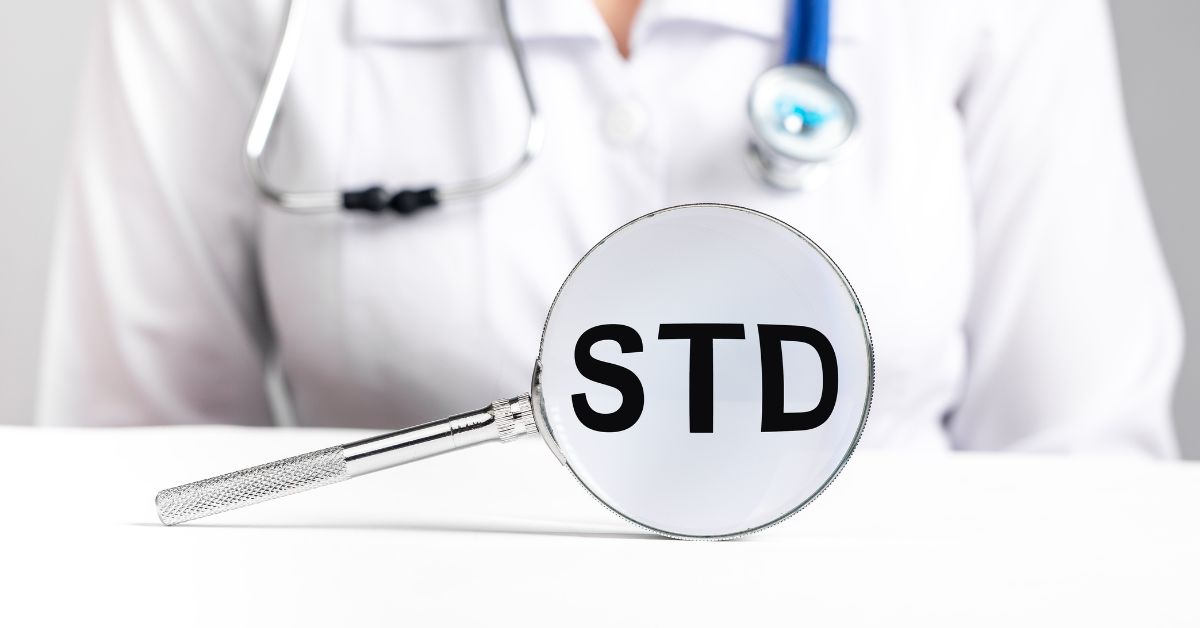Sexually transmitted diseases (STDs) are more common than most people realise. While many are treatable, early detection is essential to prevent complications and reduce the risk of transmission. Understanding the symptoms of STDs can help you stay informed and proactive about your sexual health.
Why Recognising STD Symptoms Is Important
STDs can affect anyone who is sexually active, regardless of age, gender, or relationship status. Some infections are silent with no symptoms, while others can cause discomfort or long-term health risks such as:
- Infertility
- Pelvic inflammatory disease (PID)
- Ectopic pregnancy
- Increased HIV transmission risk
- Chronic pelvic or genital pain
Recognising early symptoms and getting tested is the best way to prevent complications and protect both your own health and that of your sexual partners.
Common STD Symptoms to Look Out For
STDs can present with a range of signs. Here are the most common symptoms that may indicate a sexually transmitted infection:
1. Unusual Genital Discharge
- Men: Discharge from the penis, often white, yellow, or green.
- Women: Vaginal discharge that may be thick, discoloured, or have a strong odour.
- Often linked to chlamydia, gonorrhoea, or trichomoniasis.
2. Painful Urination
- A burning or stinging sensation while urinating.
- A key symptom of chlamydia, gonorrhoea, or urinary tract infections.
3. Genital Sores, Blisters, or Warts
- Painful or painless sores in the genital or anal area.
- Often caused by herpes, syphilis, or HPV.
4. Itching or Genital Irritation
- Persistent itching, redness, or inflammation.
- May be caused by pubic lice, herpes, or fungal infections.
5. Swollen Lymph Nodes
- Particularly in the groin area.
- Indicates your immune system is responding to an infection.
6. Flu-like Symptoms
- Fever, fatigue, muscle aches, or sore throat.
- Early signs of HIV, syphilis, or hepatitis.
Asymptomatic STDs: The Hidden Danger
Not all STDs cause noticeable symptoms. In fact, up to 70% of women and 50% of men with chlamydia may have no symptoms. Despite being asymptomatic, these infections can still be transmitted and may cause irreversible damage if untreated.
That’s why routine STD testing is highly recommended if you:
- Have new or multiple sexual partners.
- Have had unprotected sex.
- Are planning a pregnancy.
- Just want peace of mind.
When Should You Seek Medical Advice?
You should consult a doctor or get tested if:
- You notice any of the symptoms listed above.
- A sexual partner has tested positive for an STD.
- You’re starting a new relationship.
- You’ve never been tested before.
Many STDs are treatable—and the sooner you’re tested, the better the outcomes.
Book an STD Test in Singapore
Don’t wait for symptoms to appear. We partner with trusted men’s and women’s health clinics in Singapore offering confidential and professional STD testing services.
Disclaimer: 365Asia aims to provide accurate and up-to-date information, our contents do not constitute medical or any professional advice. If medical advice is required, please consult a licensed healthcare professional. Patient stories are for general reading. They are based on third-party information and have not been independently verified.


